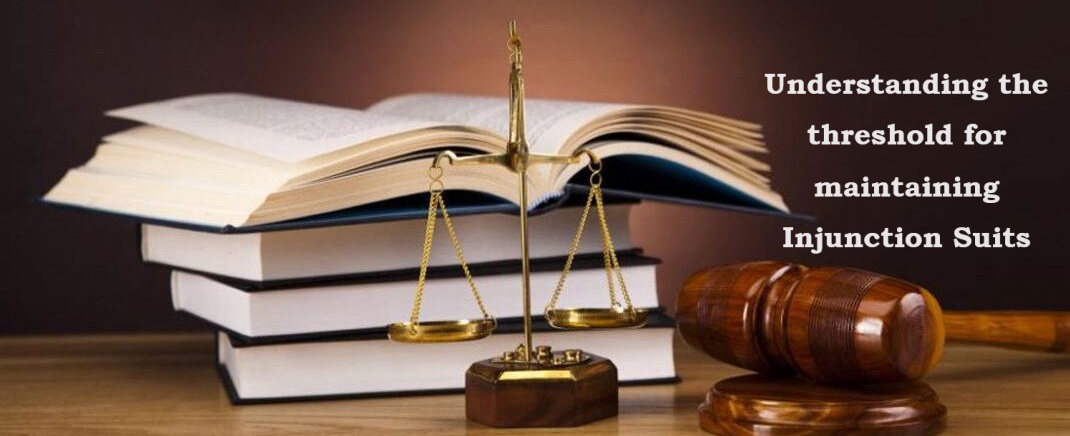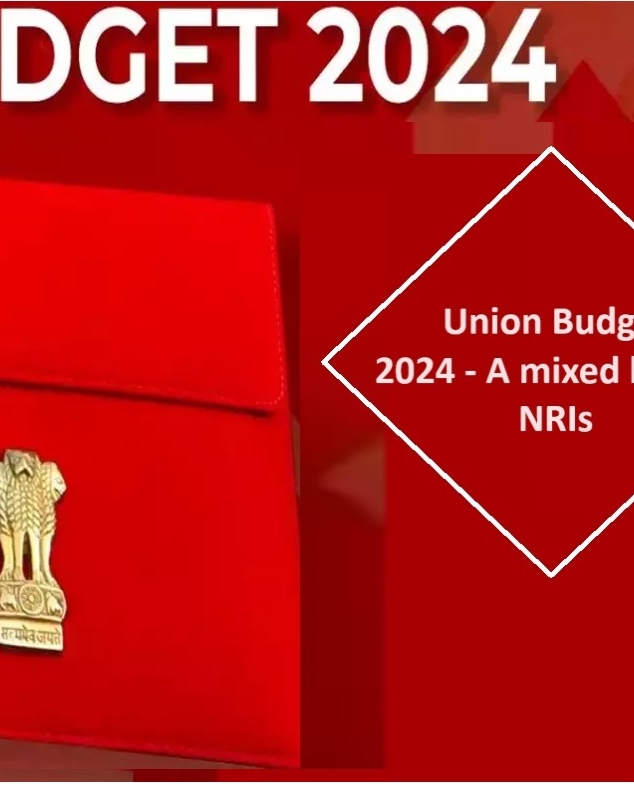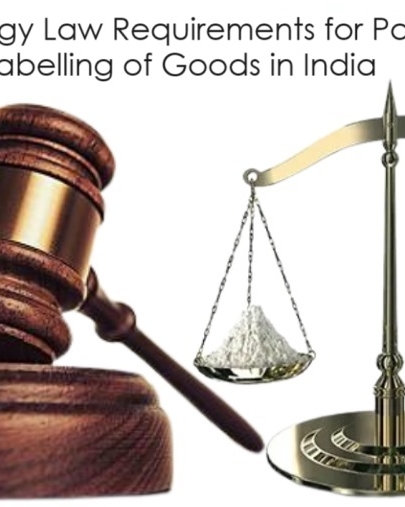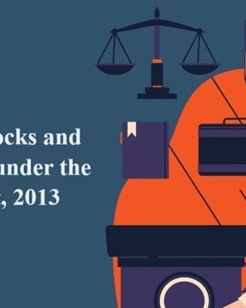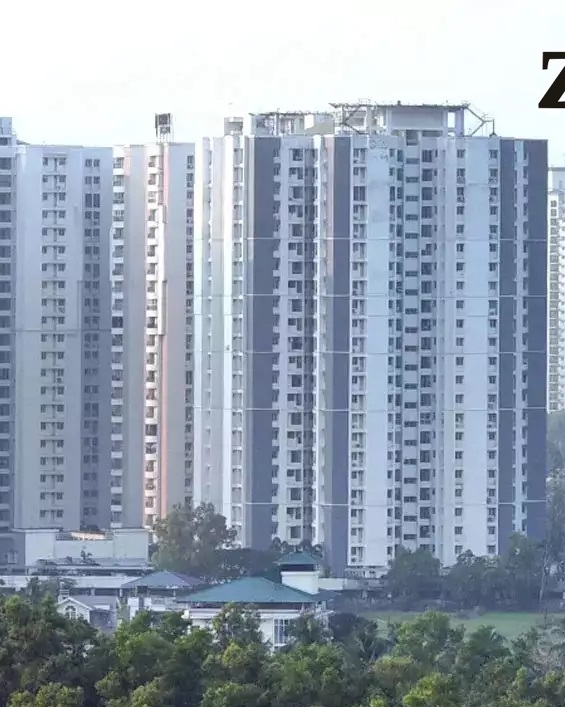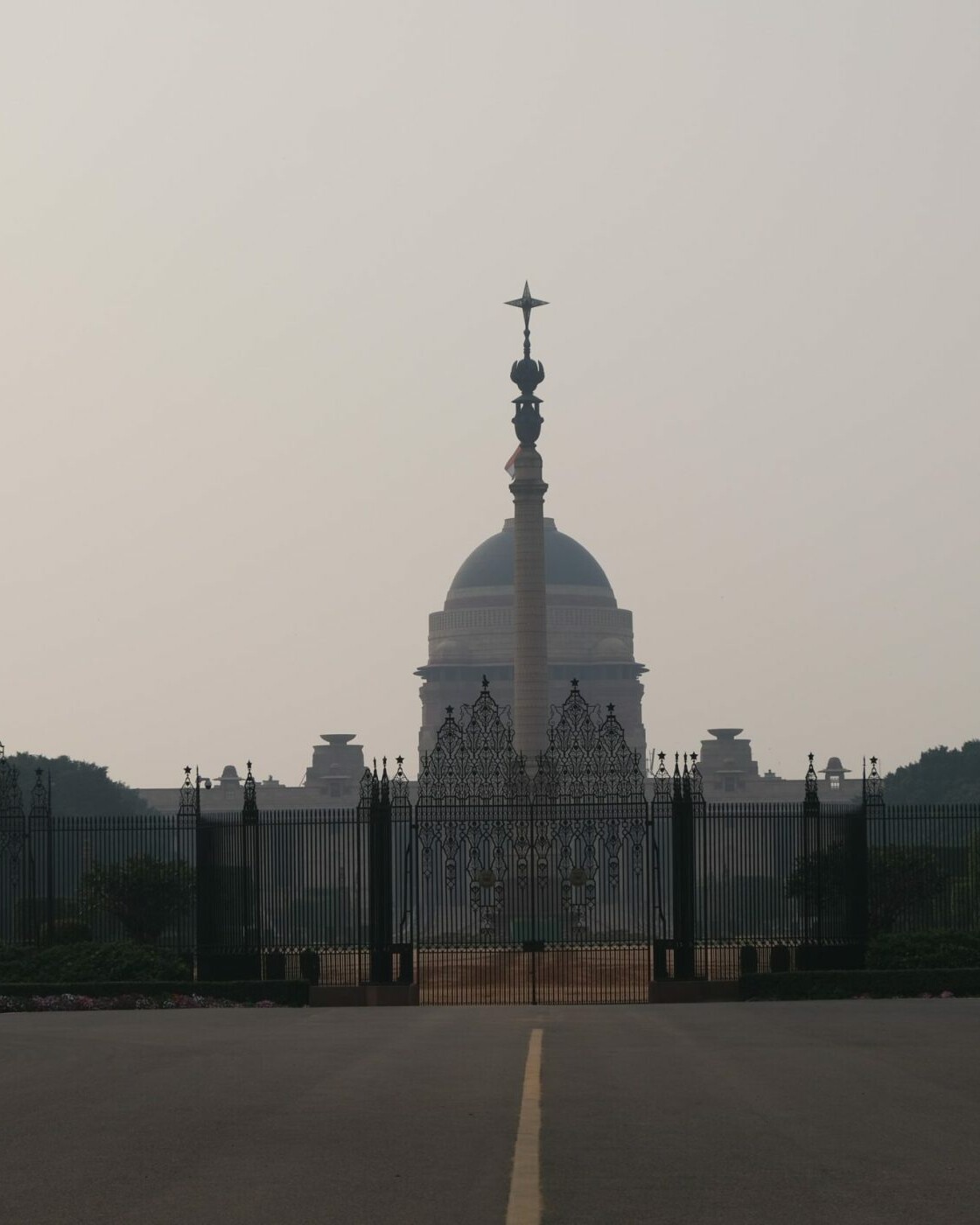Understanding the threshold for maintaining Injunction Suits
Author: Overseas Indian Desk, at ZEUS Law
The Indian judiciary has wrestled with maintaining injunction suits regarding disputed property rights. This issue has been dealt with by a division bench of the Hon’ble Supreme Court of India in ‘The Tehsildar, Urban Improvement Trust and Another vs. Ganga Bai Menariya (Dead) through LRs. and Others’. The ruling clarified prerequisites for sustaining such suits.
The dispute filed before the trial court was for an injunction restraining the peaceful enjoyment of the property in question (hereinafter referred to as “the suit property”) which was in the possession of Ganga Bai itself. It was claimed by the legal heirs of Ganga Bai that the Gram Panchayat had leased out the piece of land to Ganga Bai. It was disputed by the opposite party that the land was reserved for cattle grazing and there are no records, except a lease deed executed by Gram Panchayat, to show that such land has been leased out by the Gram Panchayat to Ganga Bai.
Trial Court has clearly denied an injunction in favour of Ganga Bai, reasoning that such land has been illegally possessed by Ganga Bai and there are no records with the legal heirs showing that the land has been in the name of Ganga Bai. Furthermore, it was also noticed that the suit has been filed for a mere injunction and not for a declaration of land in the name of Ganga Bai. Therefore, just being in possession of the land does not make Ganga Bai eligible to file a suit for an injunction.
The First Appellate Court and the High Court were seemingly having the opposite stance and reversed the decision. Therefore, an appeal was preferred before the Hon’ble Supreme Court.
The Apex Court observed that the mere production of a lease deed executed by Gram Panchayat is not sufficient to prove that the same has been executed in the name of Ganga Bai.
For proving the authenticity of the lease deed, the legal heirs of Ganga Bai produced two witnesses. However, due to discrepancies in the statements of both the witnesses, the statements of the witnesses could not be produced in evidence.
To answer the doubt, the Apex Court observed and said, “If the Respondents-Plaintiffs wished to prove the contents of the document (lease deed) in question, they could very well summon the record from the Gram Panchayat when a specific plea taken by the appellants was that the document was forged and the Gram Panchayat did not have the competence to lease out the land. Furthermore, it was added after the findings that the legal heirs of Ganga Bai failed to prove the title in the suit property, and the land was reserved by Gram Panchayat as grazing land for cattle. While referring the judgment of Anathula Sudhakar vs. P. Buchi Reddy (Dead) by LRs. and Others, it was held that “a suit simpliciter for an injunction may not be maintainable as the title of the property of the plaintiff/respondent was disputed by the appellants/defendants. In such a situation it was required for the respondent/plaintiff to prove the title of the property while praying for an injunction.”
****


